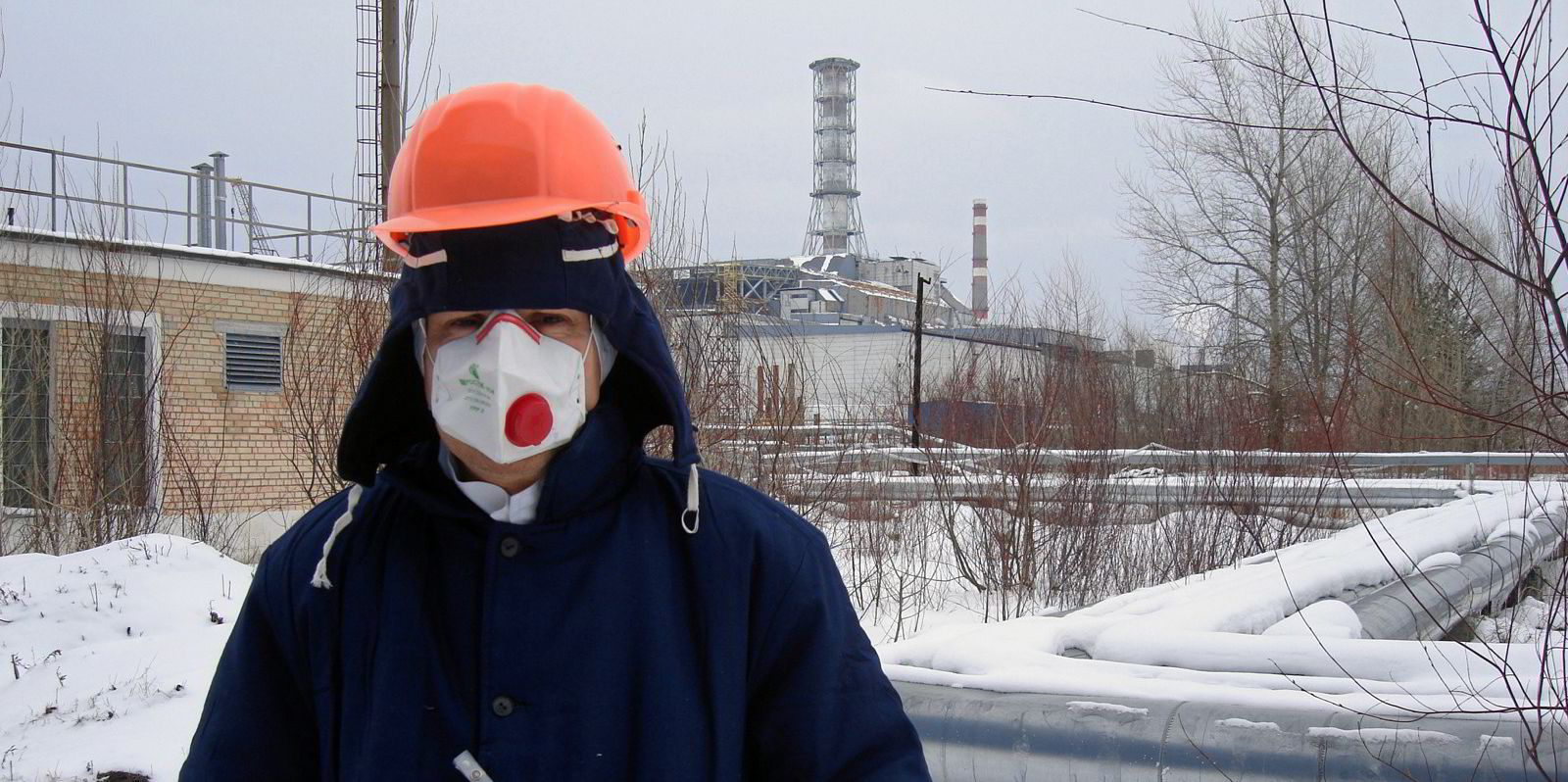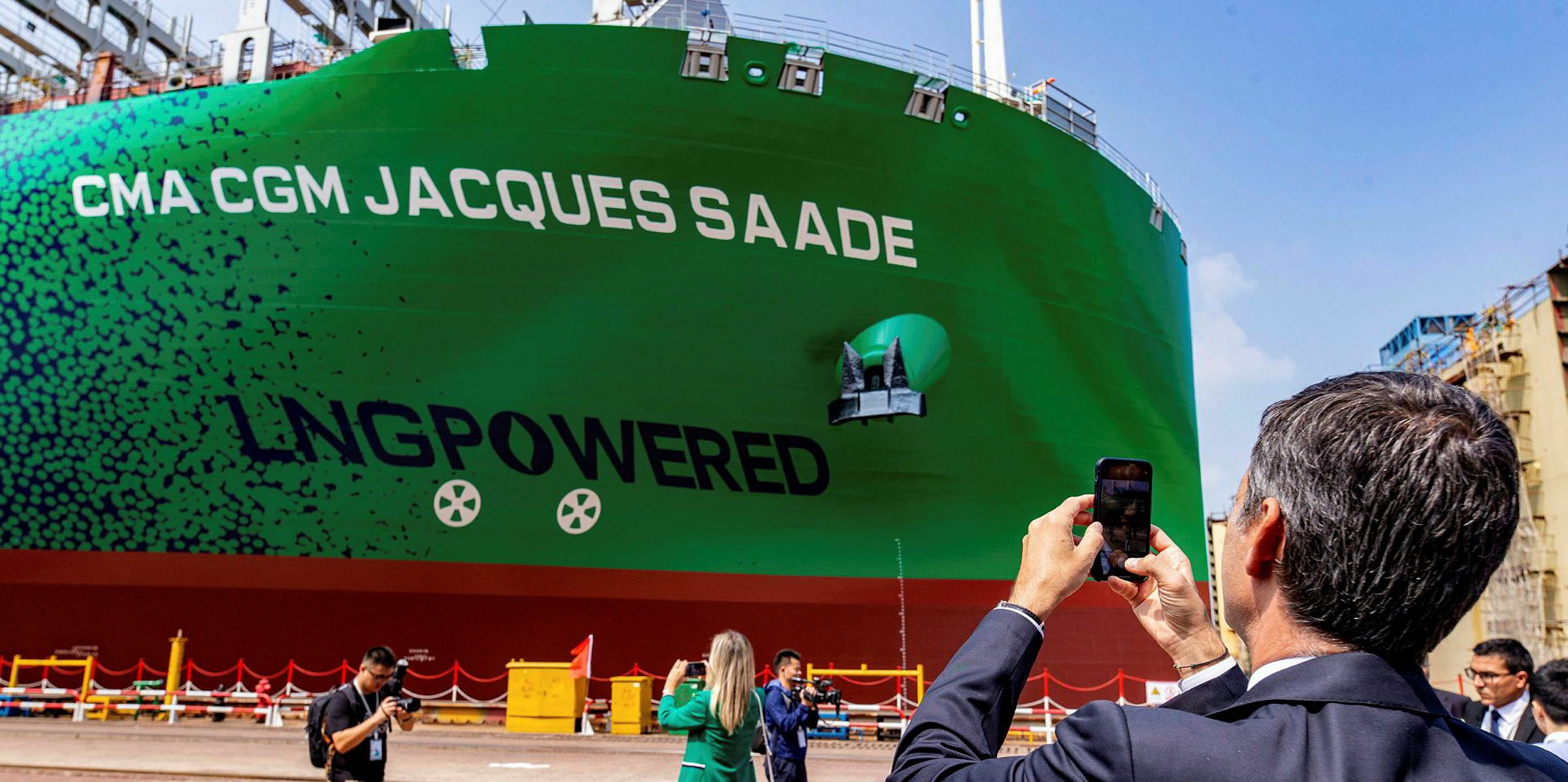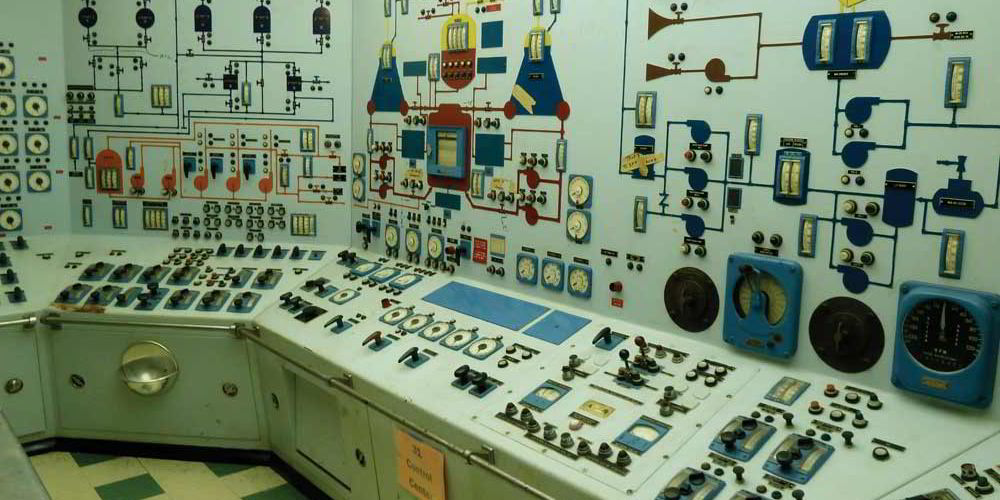Nuclear power enthusiasts are making an increasingly loud case that they should gain a wider hearing in maritime circles. The urgent need for decarbonising merchant shipping has opened the door for an otherwise sidelined atomic industry, they say.
Few new landside nuclear plants are being built in Europe, but many — 22 in Germany alone — are being shut due to old age.
Accidents at Chernobyl, Fukushima and Three Mile Island battered — if not shattered — the industry’s reputation.
It is not hard to see why: in 2006, I visited the control room of the blown-out Chernobyl plant and toured the surrounding area. It was a haunting experience. Just read Chernobyl Prayers by Nobel Prize winner Svetlana Alexievich if you want the Ukrainian nuclear nightmare put into words.
Yet despite this, some people — even some leading environmentalists — believe that the lessons learned from previous accidents and the threat of runaway climate change make it worth reconsidering atomic power.
Certainly, there is a nuclear lobby working hard to talk its way onto the front pages of the maritime press.
Edmund Hughes, the former head of air pollution and energy efficiency at the International Maritime Organization, and Mikal Boe of London-based Core-Power are among the new evangelists.
Core-Power — apparently backed by major shipping companies that want to remain nameless — has teamed up with French state-owned nuclear group Orano, which was formerly part of Areva; the US electricity utility Southern Co; and Bill Gates’ nuclear reactor design company, TerraPower.
They have just applied to take part in the US Department of Energy’s advanced reactor demonstration programme to build a proof-of-concept marine power system based on molten salt reactor (MSR) technology.
Boe says marine MSR can kick-start a “second atomic era, where climate change is the main driver of powerful, inexpensive and safe new energy solutions”.
He rightly points out that nuclear can not only power ships directly via batteries but could also make synthetic fuels for ships such as hydrogen or planes such as kerosene.
There will also be huge questions over nuclear proliferation, piracy threats as well as public unease about any nuclear loading facilities around ports
Rolls-Royce tells me it is pressing ahead with plans for small module reactors that could be used to make near-zero carbon transport fuels.
Boe, a former executive at Eagle Bulk Shipping, is not ducking the challenges.
“Old nuclear has a major image problem,” he wrote recently. “Large, ugly, evil-looking machines that require billions spent on containment to make sure they don’t blow up. They don’t usually, but public opinion is a huge hurdle.”
There will also be huge questions over nuclear proliferation and piracy threats, as well as unease about any nuclear loading facilities around ports.
In the US, there is also a lack of clarity about whether president-elect Joe Biden will blow hot — as he has in the past — or cold on civil nuclear power, as part of his “green” revolution.
Core-Power is not alone. Fluor subsidiary NuScale and Toshiba in Japan have also been developing small reactors that could be used in the maritime sector.
There is certainly nothing new about using atomic reactors at sea — although nearly all of them have been on military craft.
The World Nuclear Association claims that more than 160 nuclear-powered vessels are in operation. These are mainly submarines operated by China, India, the UK and France, as well as the US and Russia. But there are also aircraft carriers and icebreakers.
Russia is one of the few countries to have supported nuclear power without reservations, and has just launched its latest nuclear-powered icebreaker, the 9,000-dwt Arktika.
Nuclear fuel is expensive — although Bill Gates wants to use old fuel rods from existing power stations — but small, mass-produced “atomic battery packs” could bring the price down.
One huge advantage is that the batteries may last for 25 years and nuclear-powered ships are 50% quicker than oil-fired ones.
Andreas Sohmen-Pao of BW Group says a big switch to nuclear power would wipe out the world’s oil tanker fleet. He is not expecting to invest in atomic ships himself, while the wider public will surely need some convincing, even in an era of global warming.
Industry claims of a nuclear renaissance have been as common as England football supporters expecting their team to win the next World Cup. That has not happened since 1966, probably the heyday of nuclear power enthusiasm in the UK. Still, nuclear should get its chance to be debated.







